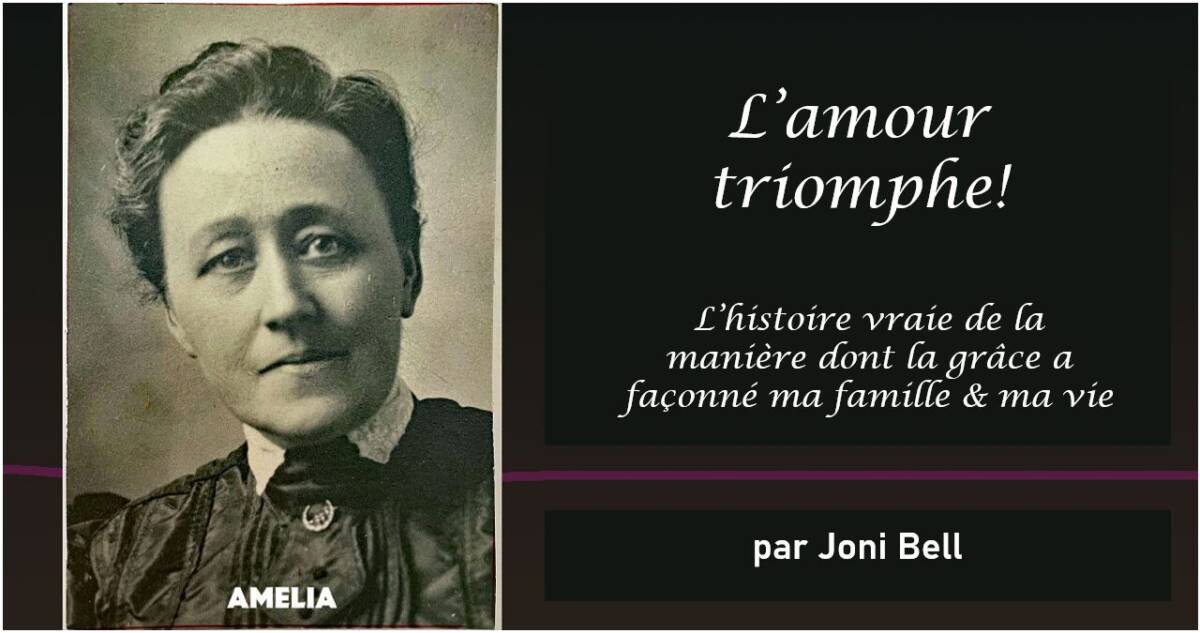Inside Story for Friday 14th of November 2025
The store sent a delivery truck to collect the household items that Frank Mukube had bought on credit and wanted to return, even though he had paid for them. Frank, who had signed a paper that he didn’t seek compensation, rode in the truck to his rented house in Namibia.
As the truck backed up to the house, Frank’s landlord, who lived nearby, rushed over. “Why are you moving out without telling me?” she asked.
“I’m not moving,” Frank said. “I’m returning these things that are not fully mine even though they have been fully paid for. I want to give tithe and offerings again.”
“What are you saying about tithe and offerings?” she demanded.
Frank explained that the Bible teaches that people should give tithe and offerings and that he had not given either for two years in order to make monthly payments on everything that he had bought on credit.
The landlord laughed at Frank.
When the delivery truck and Frank returned to the store, the store manager watched as a bed, couch, stove, radio, television, rug, and even kitchen pots were unloaded. “What are you really trying to do here?” he asked.
“These things have been standing between me and my God because they were bought with my tithe and offerings,” Frank said. “Now I feel relieved.”
Frank did feel relieved. He knew that without a bed he would have to sleep on the floor. Without a stove, he would have to look for firewood and pots to cook supper on an open fire. But he was happy. He had felt “cursed with a curse” because he had robbed God (Malachi 3:8-9). But with everything back in the store, he felt peace and right with God.
That night, Frank didn’t need to sleep on the floor or look for firewood and pots for supper. A friend’s heart was moved when he heard about Frank’s decision, and he brought over a bed and an old stove with two pots.
“God provided a bed. God provided a stove,” Frank said. “That made me believe that what God has promised is indeed the truth.”
God promises to those who give tithe and offerings, “ ‘And try Me now in this,’ says the Lord of hosts, ‘If I will not open for you the windows of heaven and pour out for you such blessing that there will not be room enough to receive it’ ” (Malachi 3:10, NKJV).
Since that day, Frank has been faithful with his tithe and offerings. Today, he serves as director of stewardship for the Adventist Church in southern Namibia. He said God is always faithful: “God says, ‘If you take care of My business, I’ll take care of Yours. When you return your tithe, I’ll take care of your life.’ ”
 (0)
(0)






